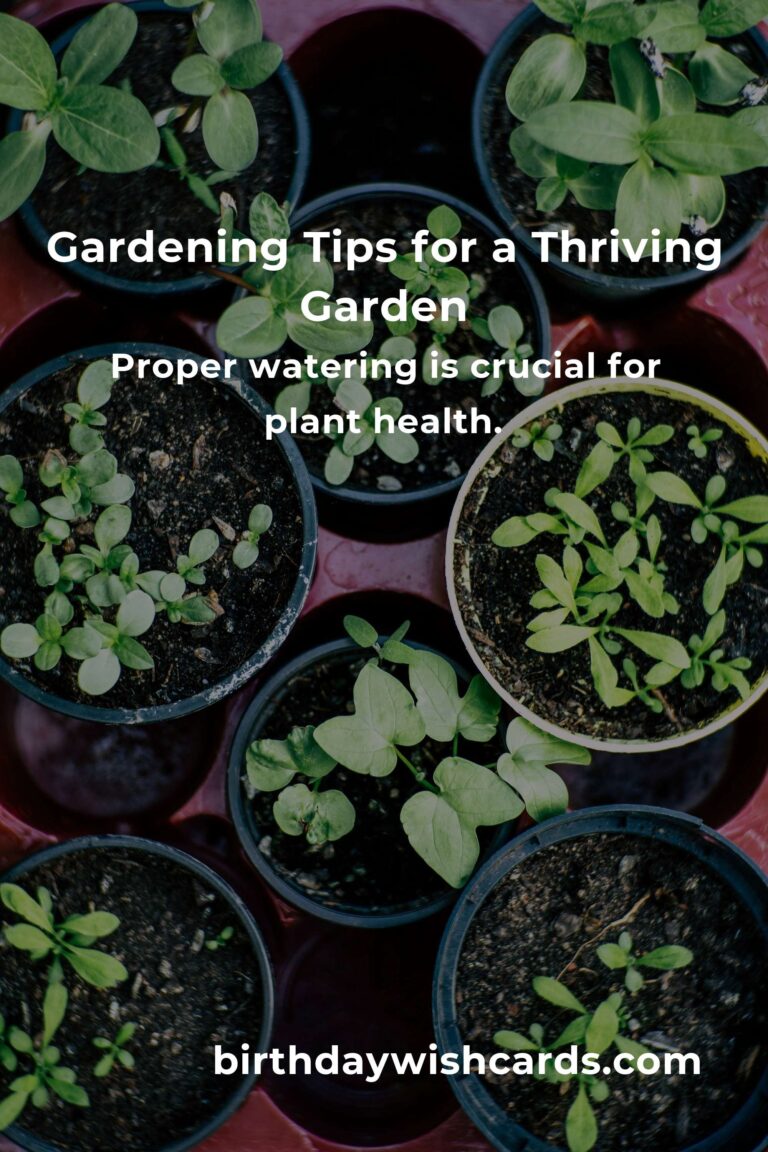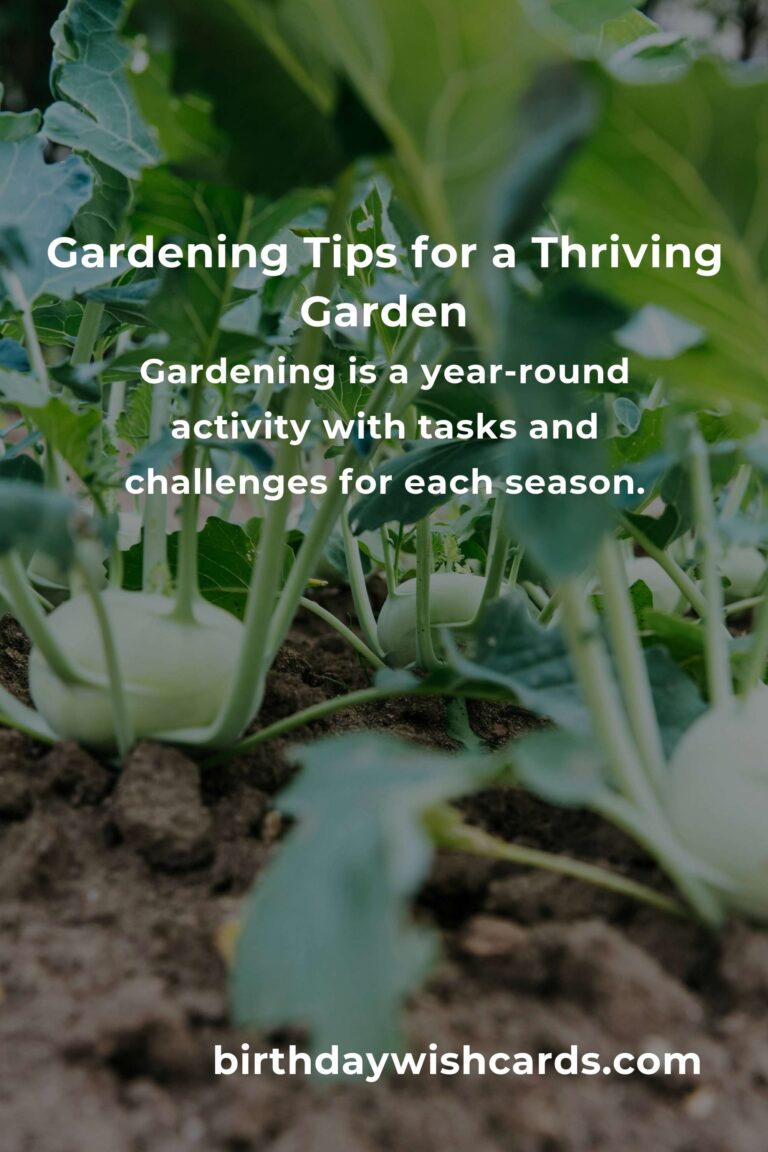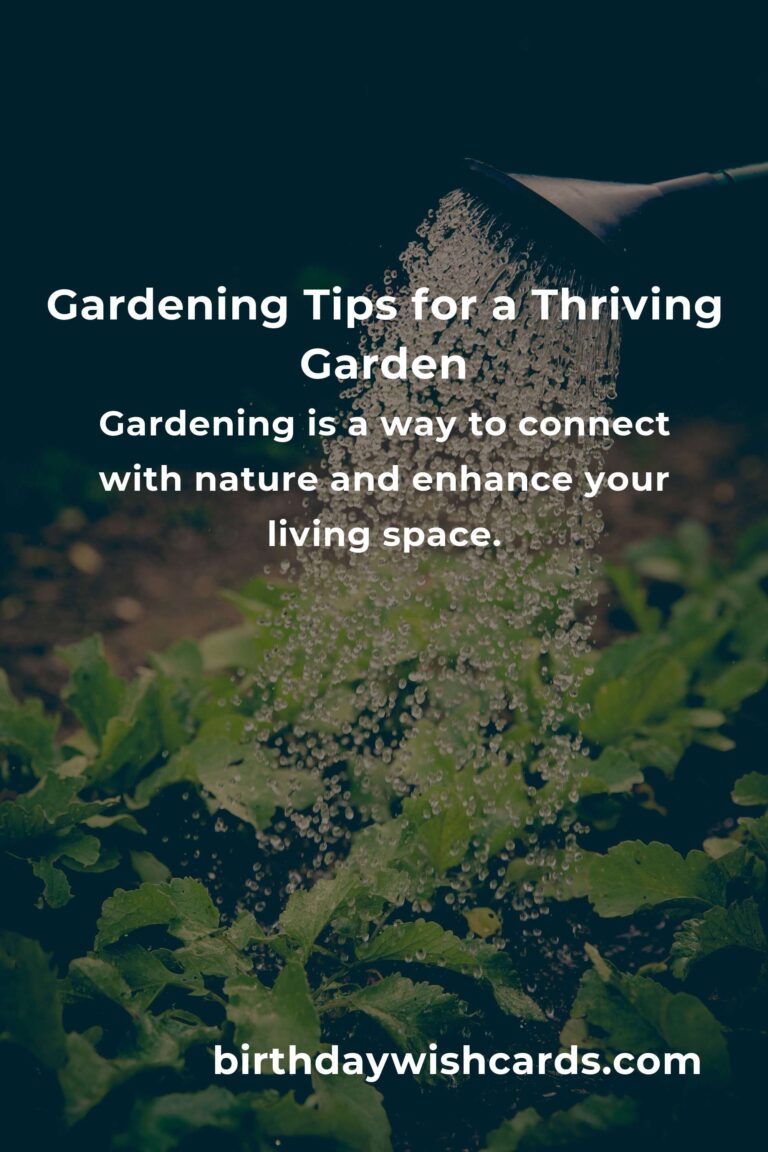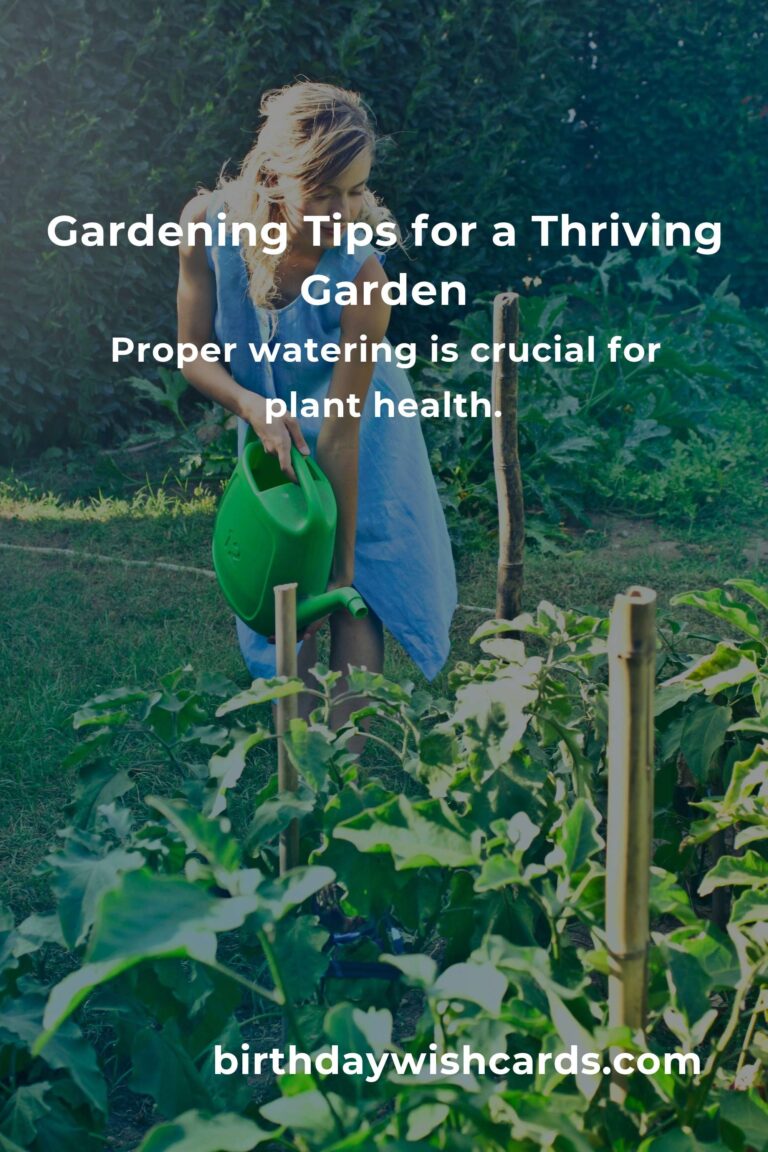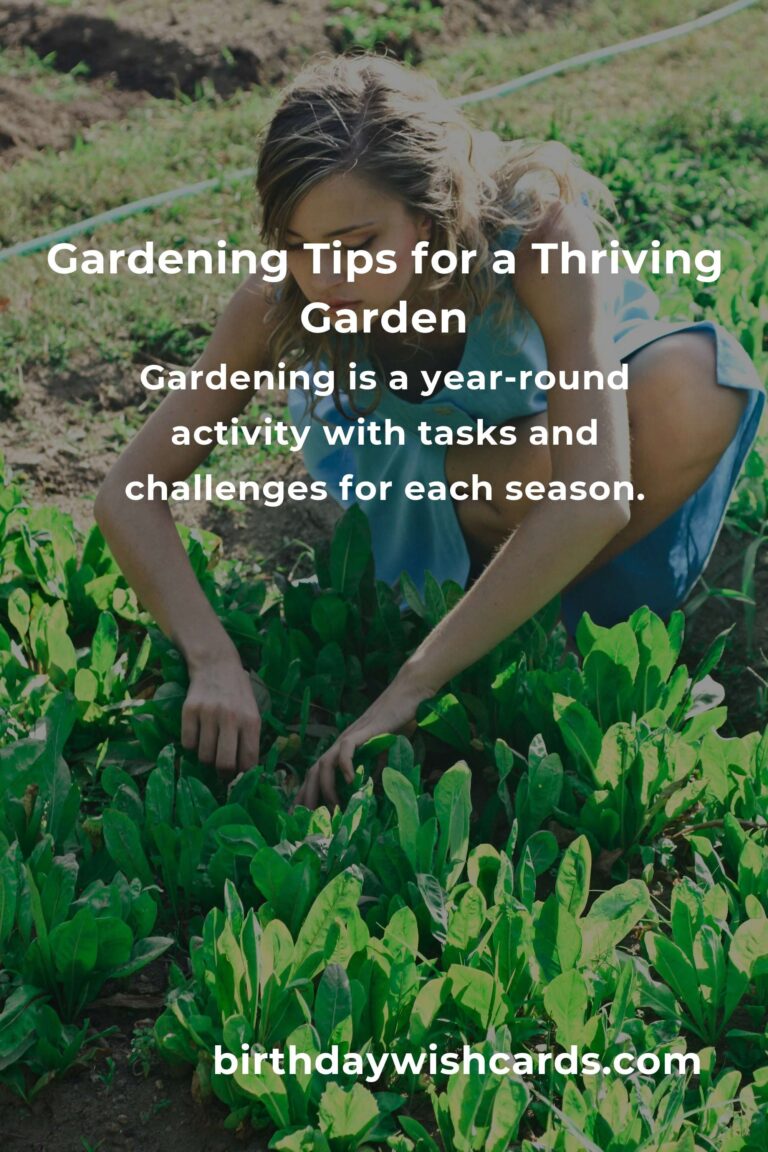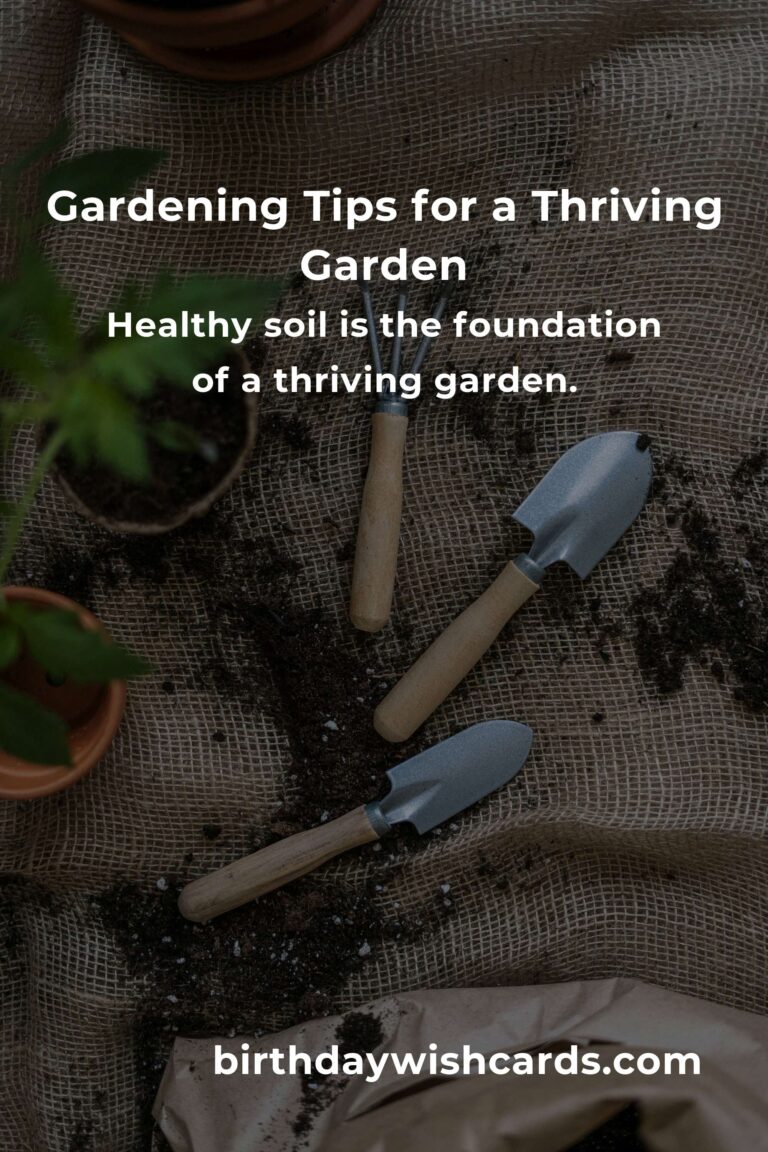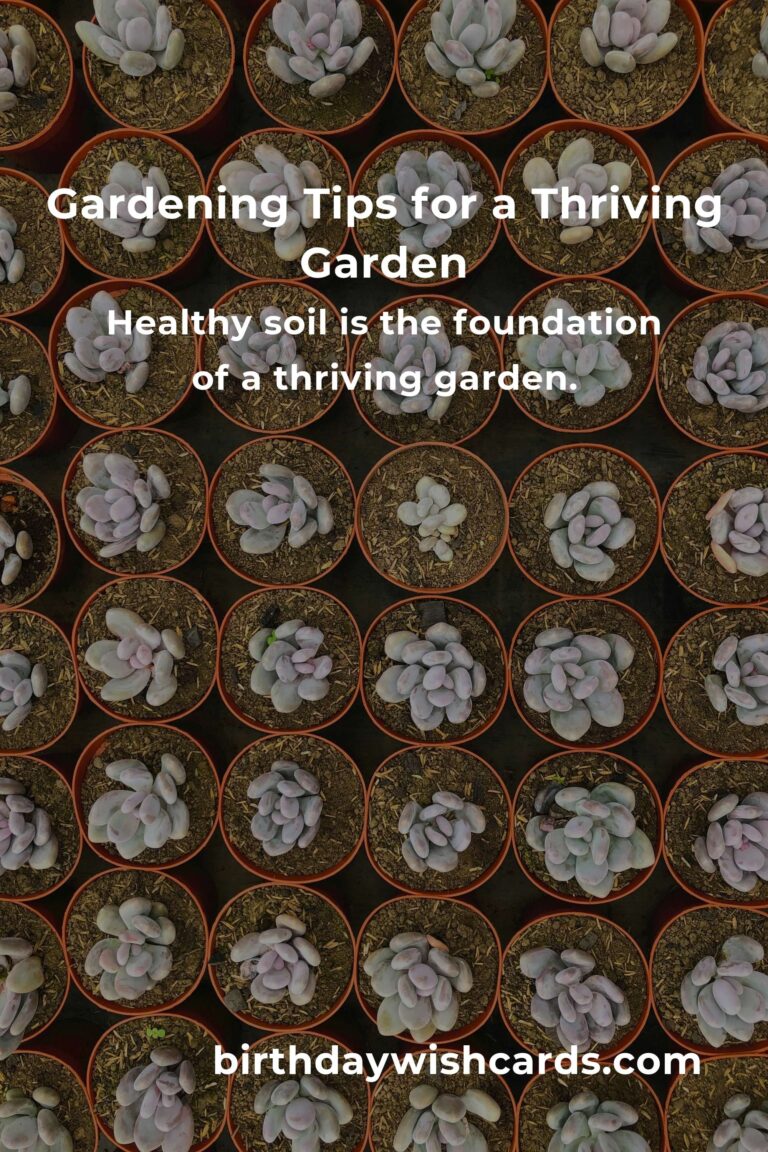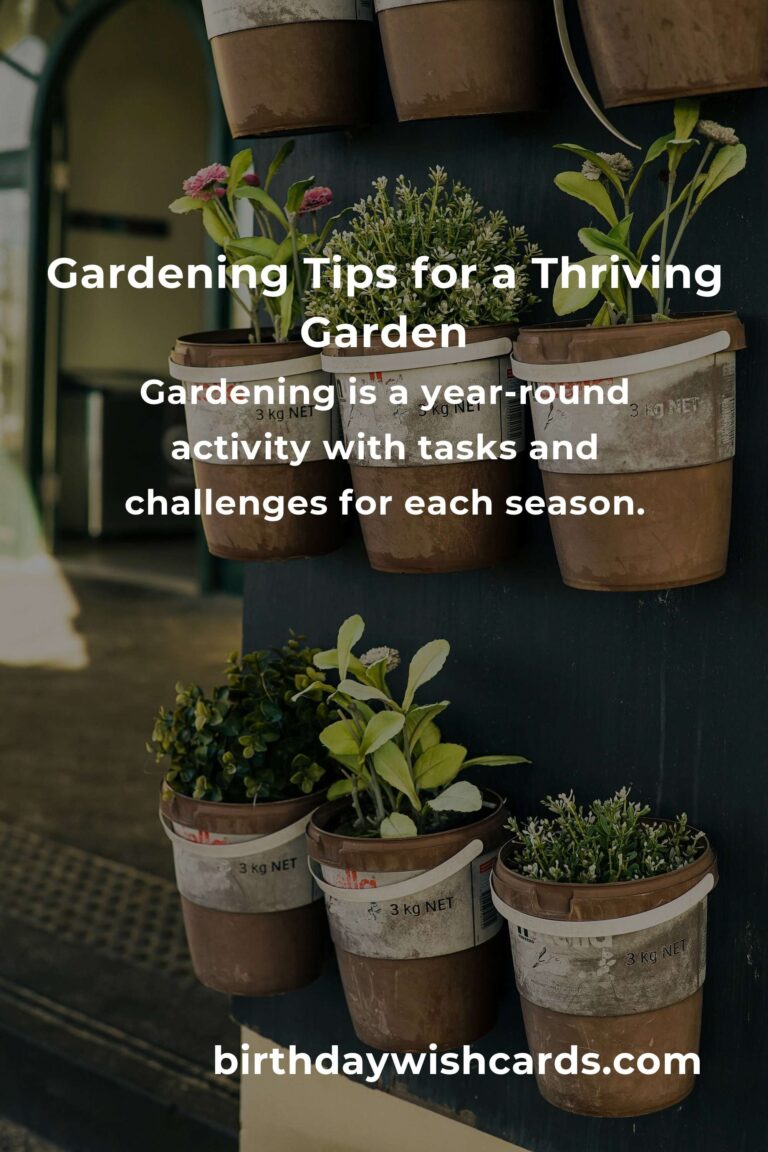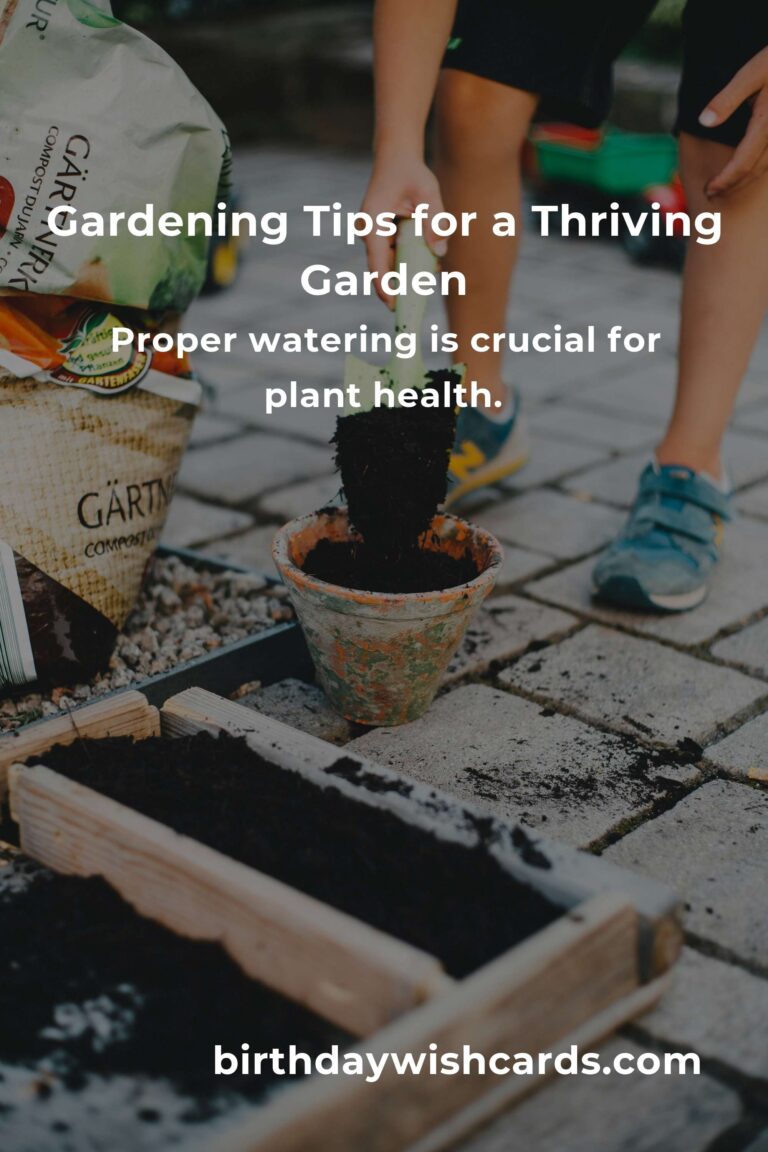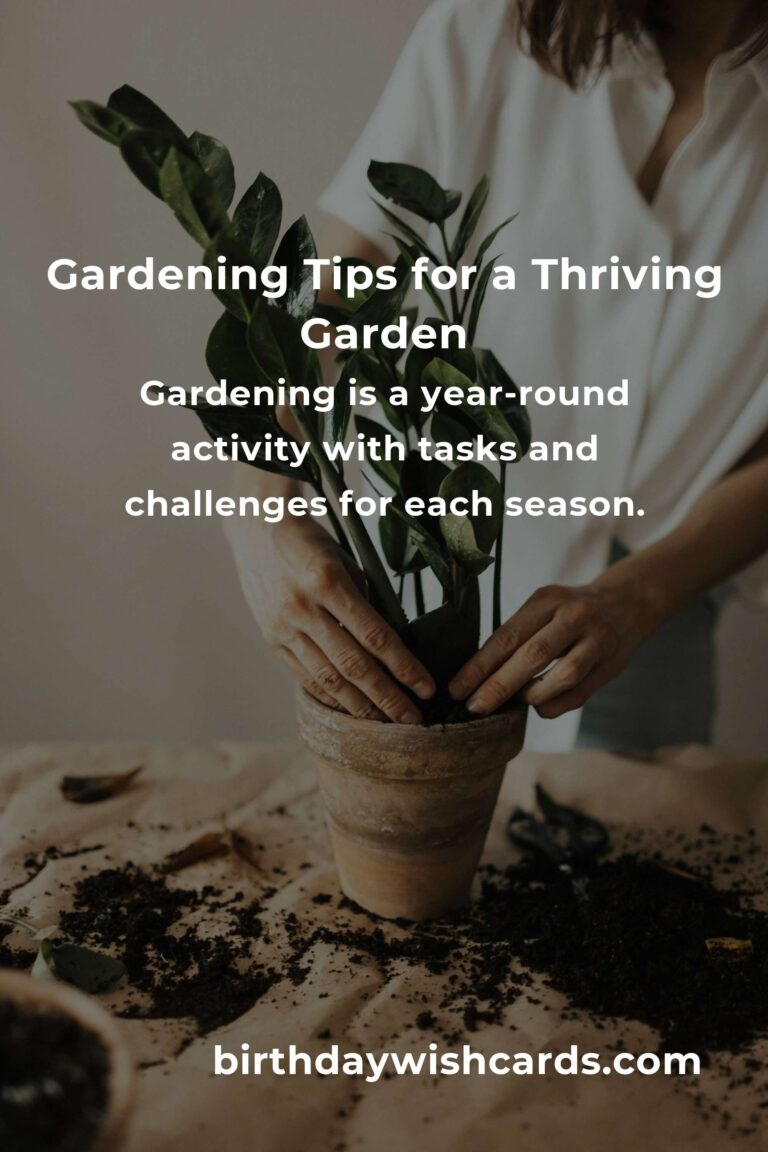
Gardening is not just a hobby; it’s a way to connect with nature, enhance your living space, and even produce your own food. Whether you’re a beginner or an experienced gardener, there are always new tips and techniques to learn. This comprehensive guide will take you through the essential gardening tips that can help you cultivate a thriving garden.
Understanding Your Garden Environment
The first step to successful gardening is understanding your garden’s environment. This includes knowing the type of soil you have, the climate of your region, and the sun exposure your garden receives. Conduct a soil test to determine its pH level and nutrient content. This will help you choose the right plants and fertilizers.
Choosing the Right Plants
Once you understand your garden environment, selecting the right plants becomes easier. Consider the hardiness zone of your area to ensure that the plants you choose will thrive in your climate. Native plants are often a great choice as they are adapted to local conditions and require less maintenance.
Soil Preparation and Maintenance
Healthy soil is the foundation of a thriving garden. Start by clearing your garden space of weeds and debris. Add organic matter like compost to improve soil structure and fertility. Regularly check for moisture levels and ensure proper drainage to prevent waterlogging and root rot.
Watering Techniques
Proper watering is crucial for plant health. Water deeply but infrequently to encourage deep root growth. Early morning is the best time to water your garden to reduce evaporation and fungal diseases. Use drip irrigation systems for efficient water use.
Pest and Disease Management
Integrated Pest Management (IPM) is an effective approach to control pests and diseases in your garden. This involves using a combination of cultural, biological, and chemical methods. Encourage beneficial insects, rotate crops, and practice good sanitation to minimize pest issues.
Pruning and Deadheading
Regular pruning and deadheading can help keep your plants healthy and encourage more blooms. Remove dead or diseased branches to prevent the spread of diseases. Prune at the right time for each plant species to avoid damaging them.
Seasonal Gardening Tips
Gardening is a year-round activity, with each season bringing its own tasks and challenges. In spring, focus on planting and fertilizing. Summer requires vigilant watering and pest control. Fall is the time for harvesting and preparing your garden for winter. Winter is ideal for planning and maintenance tasks.
Conclusion
Gardening can be a rewarding endeavor that brings beauty and bounty to your life. By understanding your garden’s environment, selecting the right plants, and maintaining healthy soil, you can create a thriving garden. Remember to water wisely, manage pests effectively, and keep your plants well-trimmed for the best results. Happy gardening!
Gardening is a way to connect with nature and enhance your living space. Understanding your garden’s environment is the first step to successful gardening. Healthy soil is the foundation of a thriving garden. Proper watering is crucial for plant health. Gardening is a year-round activity with tasks and challenges for each season.
#GardeningTips #ThrivingGarden #SustainableGardening #PlantCare #HomeGarden


